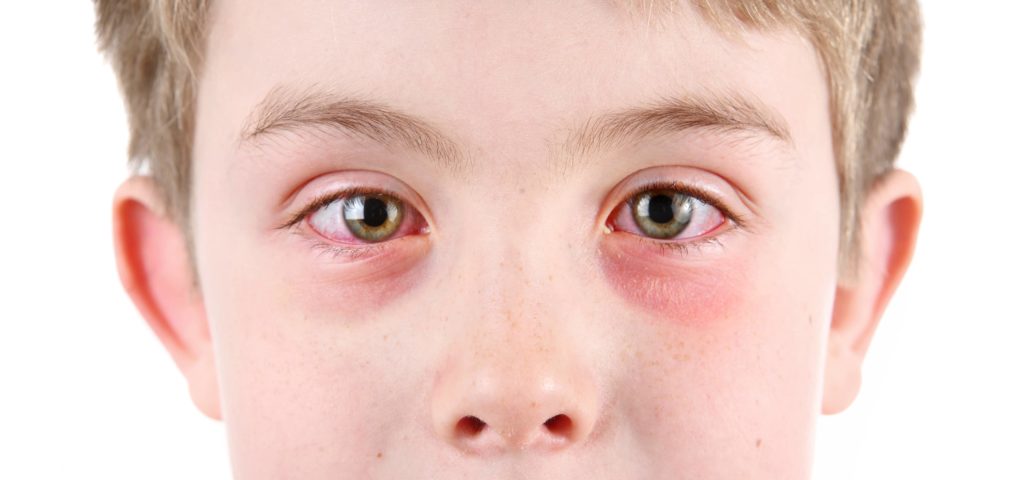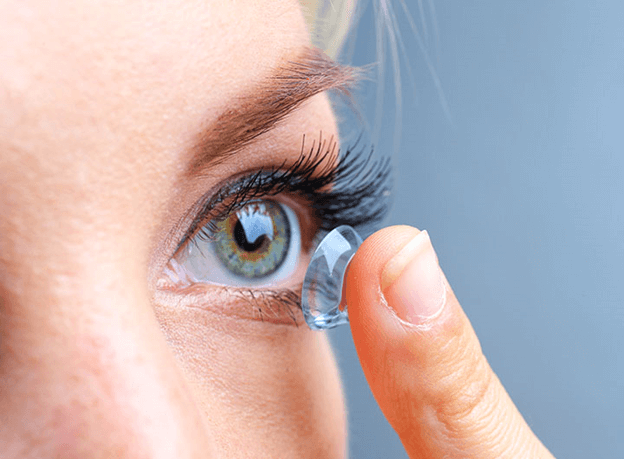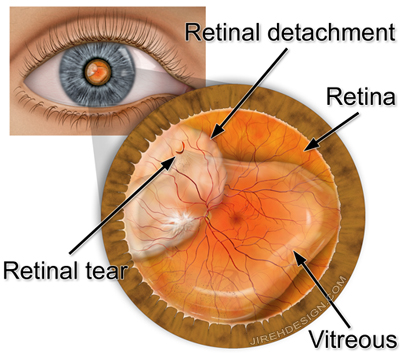Yes, allergies can exacerbate symptoms associated with dry eyes. Common allergens like pollen, dust, and pet dander can trigger an inflammatory response in the eyes.
- Identifying Allergic Triggers:
- Ophthalmologists may conduct tests to identify specific allergens affecting the eyes.
- These tests help in understanding the role of allergies in dry eye syndrome.
- Managing Allergic and Dry Eye Symptoms:
- Antihistamine eye drops may be recommended to alleviate allergy symptoms.
- Avoiding allergens and making environmental modifications can help manage both allergy and dry eye symptoms.
- Comprehensive Evaluation:
- Consultation with an ophthalmologist is essential for a thorough evaluation.
- Personalized treatment plans may include measures to address both allergies and dry eye syndrome.
- Environmental Modifications:
- Recommendations may involve lifestyle adjustments to minimize exposure to allergens.
- Creating an eye-friendly environment can contribute to relieving dry eye symptoms associated with allergies.
If you suspect allergies are contributing to your dry eye symptoms, seeking professional guidance from an ophthalmologist is recommended for accurate diagnosis and tailored management.
Experience clear vision with Dr. Seema Behl, your trusted Ophthalmologist in Andheri West. Book your eye consultation today for personalized eye care solutions.




